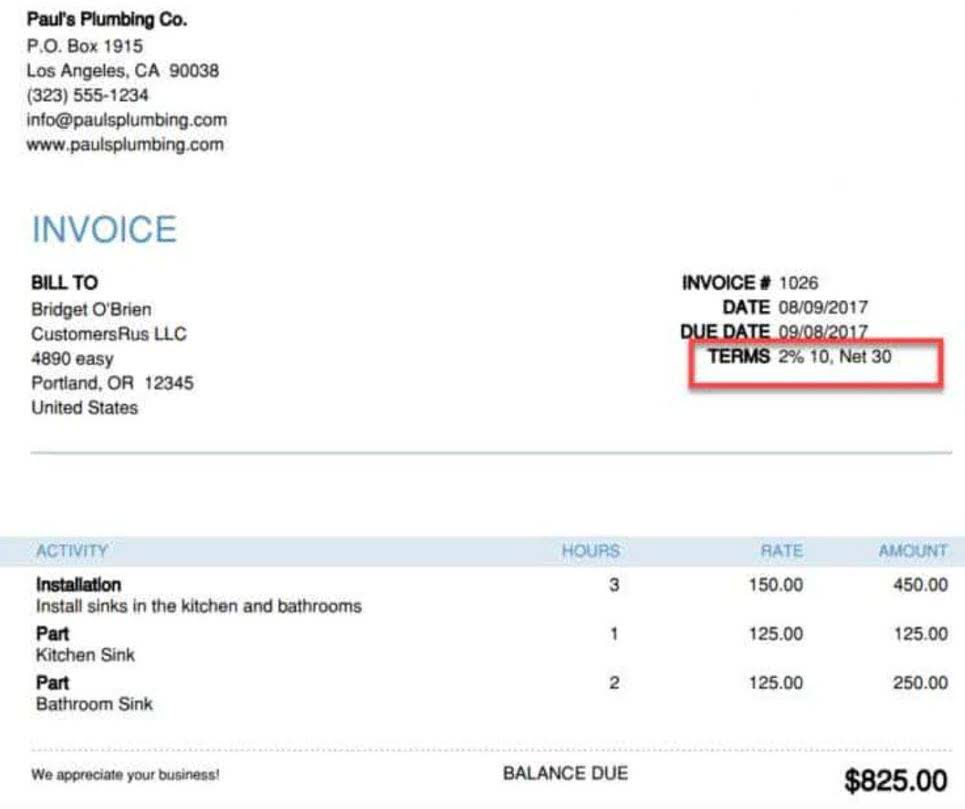What Is Total Household Income and How Is It Calculated?
What Is Total Household Income and How Is It Calculated?

It’s important to understand your annual income and how to calculate it when evaluating the future of your personal or business finances. By knowing your annual income, creating a budget becomes feasible and you can identify your expenses easily. In this blog post, we will highlight the concept of annual income, offering a step-by-step guide on calculating it and emphasising its importance in financial planning. By understanding your annual salary, you can take charge of your finances and work towards a brighter financial future. Understanding the median salary in your industry can help you gauge your annual salary against typical earnings. Research the annual salary ranges for similar types of jobs to find out what other companies are paying.

Types of Annual Income- Net and Gross
In conclusion, our final step will be to check our work by ensuring all the gross annual income values match to confirm our calculations are correct. Before the net annual income can be estimated, calculating the gross annual income is the necessary first step. In accounting and finance, the terms income, revenue, QuickBooks and earnings can often be used interchangeably.
- Household income typically serves as a comprehensive measure of the financial resources your household generates in a year.
- Net annual income is your total annual income after all applicable taxes and deductions have been accounted for.
- Knowing your annual salary provides a clear picture of your earning potential and allows you to compare job offers and plan for your financial goals.
- It’s often called your “take-home pay” and is the amount you can use for daily expenses and savings.
- For businesses, net income is vital for budget planning and financial forecasting.
How Household Income Works
- Businesses also use net income projections to assess the feasibility of new projects or strategies.
- Net annual income is the amount you receive after all deductions have been applied and taxes have been paid.
- Household income generally refers to the annual gross income of all household members combined.
- If you are not paid an annual salary, multiply the number of hours you worked by your hourly pay rate to get your gross compensation for a cheque.
- The amount of money you make after taxes is your net income, often known as net pay or take-home pay.
To calculate annual income if you have multiple jobs, calculate annual income for each and add them up to get your total annual income — just be sure you’re adding gross + gross or net + net. Calculating net income is a little trickier because deductions like taxes might not show up until you file your taxes. One way to calculate annual income if self-employed is to calculate your business income for the year. If you use an accounting platform, it’s often easy to run reports for a self-employment annual income calculation. “From anual income there, you can budget other expenses, both short-term and long-term, because you’ll know the amount that you’ll get each paycheck.”
What does annual income include?

If you’re still unclear about how much taxes you need to pay, it may be a good idea to get a free tax consultation. This is why evaluating your annual income and knowing what does annual income mean is crucial. Not only will knowing your income help you create a budget, but it will also show banks and lenders that you are capable of repaying loans and mortgages. You can calculate your annual income by choosing either a standard calendar year (January to December) or a fiscal year (October 1st to September 30th). Most owners of businesses and independent contractors evaluate their earnings for the fiscal year in which they operate. If you are paid biweekly, multiply your biweekly rate by 26 (the number of biweekly periods in a year).
- “Recommended” articles and additional information may be provided by PNC Investments affiliates, including PNC Bank, PNC Wealth Management and PNC Institutional Asset Management.
- This is your gross annual income reduced by items such as federal and state taxes, Social Security, health insurance premiums, retirement contributions, and other deductions.
- Salaried employees may have to take a look at your pay stubs to figure out your yearly salary.
- Regularly updating your calculations will provide you with a clearer picture of your financial situation and help you make informed choices regarding your future.
- In most cases, annual income is calculated between January 1 to December 31 of the same year.
- Assuming you work an average of 40 hours per week and 50 weeks per year, convert your hourly, daily, weekly or monthly wages with the formula below to get your annual income.
Similarly, Canada reports an average annual income of $59,300, which reflects its strong economic fundamentals and higher living standards relative to many other nations. The average annual income varies significantly across countries due to various economic, social, and demographic factors. This figure of Accounting Security $11000 annually in India, underscores the influence of factors such as population size, GDP distribution, and the prevalence of mainly labour-intensive industries. Annual income consists of the total earnings an individual receives over the course of a year from various sources. In most cases, gross income is the bigger amount because it is the total income before deductions. The smaller amount is usually the net income, which is what is left after all deductions and withholdings have been taken out.

